Dr Nadeem Moghal, Director & Chief Innovation Officer at Strasys, shares how Strasys is helping Boards reimagine their organisations in order to think differently, enabling leadership teams to place the right people in the right places to do the right jobs with the right resources, services and capabilities, resulting in a healthier future for all.
Understanding The Organisation
I have lived the experience from the frontline to the Board room and drank various Kool-Aids. I’ve learnt about lean, QI, Big Data, population health management and Board development in order to better lead the organisations I served. We really did not understand our organisation beyond what I call the 2-dimensional data sets laid out month after month in Board papers.
In helping Boards reimagine their organisations, a key challenge we have found is the variable understanding of the organisation. We needed a multi-disciplinary approach, looking beyond functional silos, applying scientific rigour, creating the right context and bringing the often messy human perspective into the picture. That is part of the Strasys recipe.
Helping boards think differently
Imagine if we started with understanding the needs of the patients, not the regulators? Then apply decision intelligence analytic tools and the correct context to describe the organisation in ways not found in Trust performance and quality reports.
This leads to different questions from the Board. Ultimately it is about ensuring the right management decisions to deliver better value, safely and sustainably.
I now understand what it means when on a Board, someone says, we need to think differently.
For instance, before making complex decisions about service improvements, system transformation and investment decisions, do we know how healthcare organisations spend our £1?
Spending the £1, and making good decisions
Recently, we shared our work with boards using our analytics capability to create insights in a context that generates more interesting questions for boards. We showed data from an organisation where a big chunk of the £1 is spent on governance and administration. Interestingly, the most important resource is the workforce, but we spend very little money other than salaries to develop the workforce.
We typically see that more ‘confident’ organisations will have lower governance costs and perform better.
Why we need to focus on Lean Governance
My experience is that when there is little transparency and confidence, we create another process and committee. Governance activity mushrooms and gets confused with being well led and performing well.
We see the burden increasing with the advent of ICSs and ICBs and the growing focus on productivity. So it is critical to focus on making governance lean, but that needs to come with a better understanding of how the one pound is actually spent and thereby make better management decisions. Decisions we can help develop, with evidence, developing leaders with a purpose, improving better investments and better performance.



